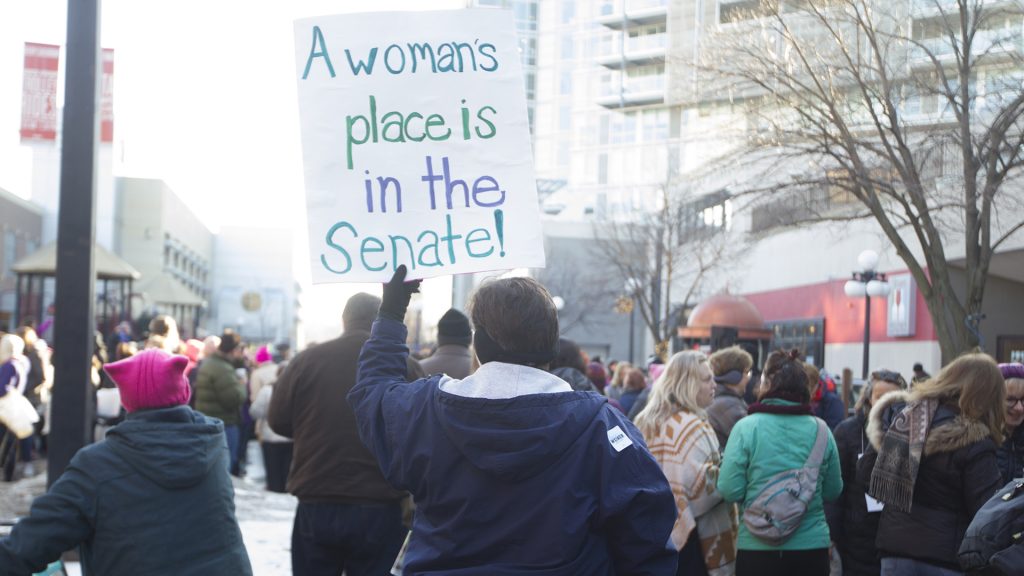“Hate has no home here,” “Hate-free zone,” and “You are welcome here” are all signs you can find around campus. They always strike a question in my mind: Is there a place where hate is tolerated? What kind of shield do those pieces of paper and plastic provide that deems it safe? Who decides what standards of safety stand between those signs and the outside world?
They mention that all are welcome, as if there is a place on campus where hate and bigotry thrives. As a woman of color, I know these signs are directed to minority populations, such as me, and yet I have never sought the necessity of one before. Rarely do I notice the difference my skin color makes, and when I do, it is always in a positive light.
This hit me when I was sitting at church the other day. A family, about the size of my own, sat right next to me. As church began, we went through the motions of a typical Catholic Mass, and I noticed something about the family that was also similar to me … they were silent during certain prayers, just like I was. They were comfortable with being bilingual and diverse, just like myself.
RELATED: UI works against hate
This was common for me to notice. Growing up in a Hispanic household, I learned prayers during Spanish Mass and novenas after the death of a family member, so I’ve always felt more comfortable praying in Spanish. Moving to Iowa City, I attend Mass in English with friends who only speak English. Noticing this difference that was due to my ethnicity did not make me feel inferior, it was simply a difference and only that.
While I’m told that church is a place where hate is created, it was the first place where I noticed the difference between me and my white peers. The family next to me reminded me of home, not only because of how they lovingly embraced each other, but how they were obviously ethnic and proud of it. In that moment, they reminded me that I am diverse, yet did so without forcing me to believe that I am oppressed or second class.
There was no sign on the church door telling me that I will be accepted because of skin color. I did not receive an extra point for attending a diversity-approved event, even though it was the place where my ethnicity had felt most embraced. I did not have to be warned that I would interact with a family similar to my own, as if that would have been something to be warned about in the first place.



